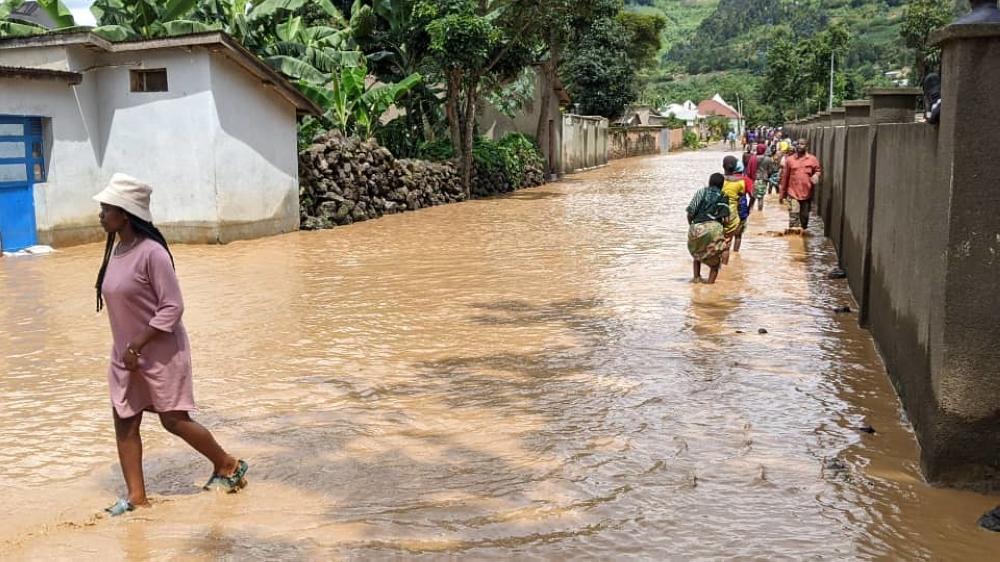Africa-Press – Rwanda. Millions of people are dying earlier than they should because of poverty, unsafe living conditions and climate change, according to a report by the World Health Organization (WHO).
Climate change impacts could push more than 130 million people into extreme poverty in the next five years, said the WHO.
The report shows that a person’s life expectancy can increase or decrease by up to 33 years depending on where they were born. Within countries, health outcomes vary between income and social groups and the gaps are growing.
Most of these differences are not caused by lack of access to healthcare, WHO says, but by the conditions people live in. These include income, housing, education, food, working conditions and access to basic services.
In low- and middle-income countries, closing health gaps linked to wealth could prevent 1.8 million child deaths every year. The report also finds that a small increase in a country’s spending, just 0.1% of GDP on social services such as housing and labour protections, could improve health for 150,000 people in a 40-million population within four years.
Children in low-income countries are 13 times more likely to die before the age of five than those in high-income countries. In 2023, 197 women died for every 100,000 births globally. Indigenous populations also face shorter life expectancy than other groups in both wealthy and developing nations.
Economic inequality is one of the main drivers. Across 201 countries, the richest 10% of people earn 15 times more than the poorest 50%. In the past 20 years, income inequality within countries has nearly doubled.
Around 3.8 billion people have no access to basic social protections such as paid sick leave or child support. Many governments lack the resources to provide these services due to weak tax systems and high debt. In the 75 poorest countries, interest payments have quadrupled over the past decade, making it harder to invest in health, education or infrastructure.
Gender inequality is also another factor. About 2.4 billion women of working age do not have equal access to economic opportunities as males in the same category. This reduces household income and limits access to resources that support health.
Climate change
Climate change is increasing the pressure. In many low-income regions, people depend on natural resources for water, food and fuel. As these become harder to access, women and girls, often responsible for collecting them, must travel longer distances, facing higher risks to their health and safety, the WHO said.
Over the next five years, climate change is expected to push between 68 and 135 million people into extreme poverty. The report also notes that air pollution, closely linked to climate and environmental degradation, causes 7 million premature deaths every year.
Displacement is adding to the burden, for instance, between 2008 and 2024, the number of forcibly displaced people tripled to 122 million. Many face limited access to healthcare and social support in the places where they settle.
WHO is calling on governments to take coordinated action across sectors, not just in health, to improve living conditions and reduce inequality. This includes investing in housing, education, labour rights, climate protection, and social services.
To support the findings, WHO has launched a new system to track progress, updated its global report on social conditions that affect health, and created training tools and a platform for countries to share knowledge.
For More News And Analysis About Rwanda Follow Africa-Press






